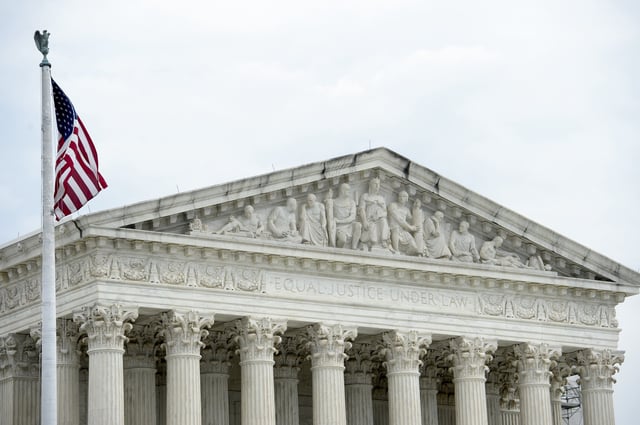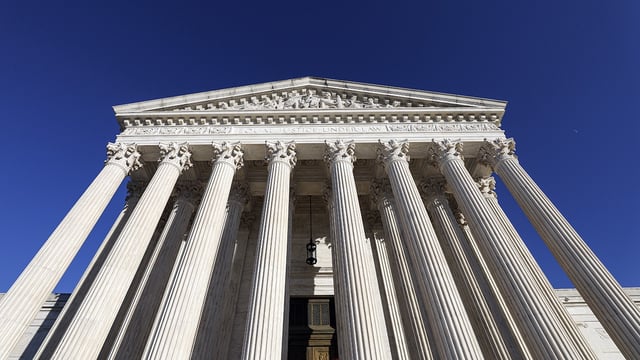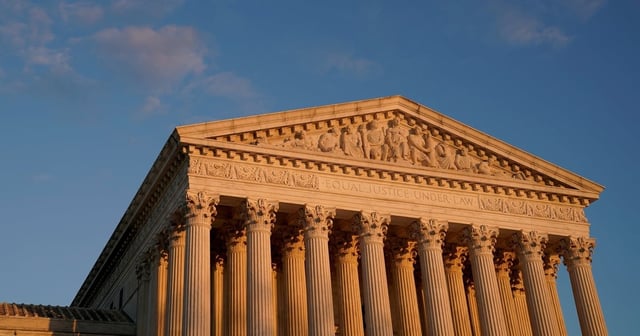Overview
- The 6-3 majority opinion, authored by Justice Sonia Sotomayor, overturned a Fifth Circuit decision that had blocked Gutierrez’s standing to sue under Texas’s post-conviction DNA statute.
- Gutierrez’s legal team argues that no forensic evidence tied him to the 1998 killing of 85-year-old Escolastica Harrison and that new testing could establish he was not a principal in her murder.
- He has been on death row for more than 25 years and twice received last-minute stays of execution, including one in July 2024 just before a scheduled lethal injection.
- The ruling extends the high court’s 2023 precedent in Reed v. Goertz, which similarly permitted a death row inmate to seek DNA testing under due process protections.
- In his dissent, Justice Samuel Alito warned that expanding standing could enable inmates to delay executions and complicate judicial proceedings, a view joined by Justices Thomas and Gorsuch.


